< Projects
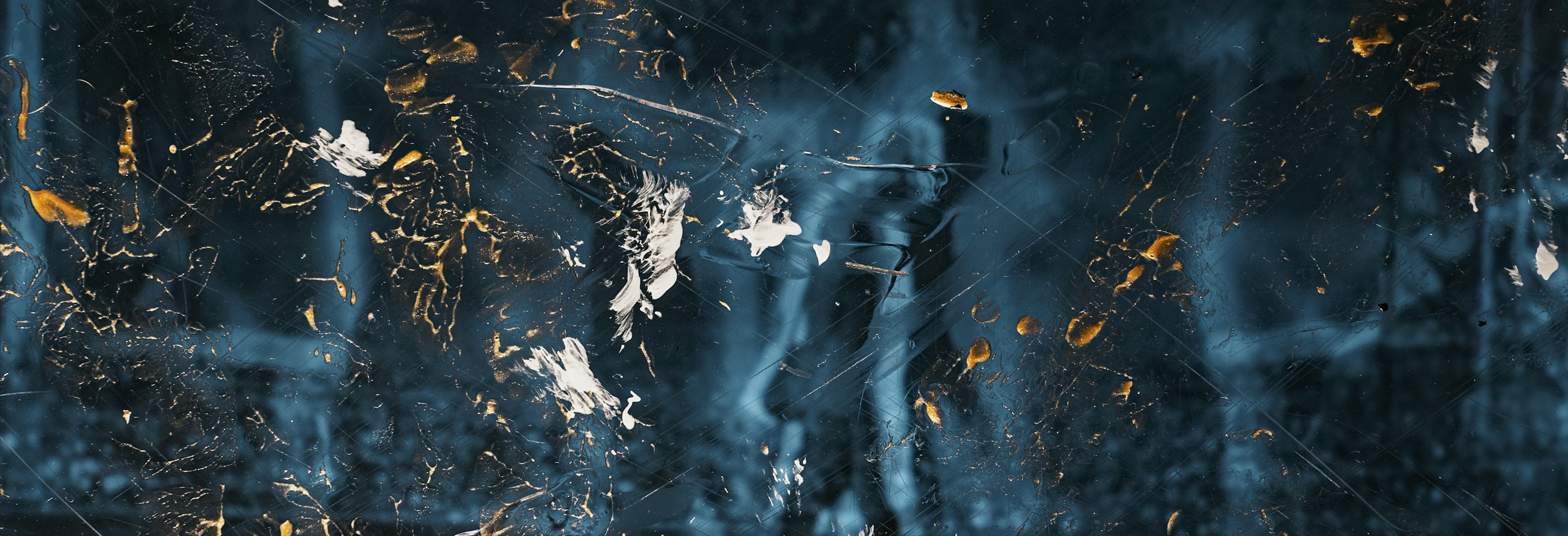
AI and the Artistic Imaginary: Socio-Cultural Consequences and Challenges of Creative AI-Technology
Artificial Intelligence (AI) applied to creating art, is creating new opportunities – but also new challenges. How might creative AI impact economy, environment, fairness and diversity in different cultural contexts?
Andre Holzapfel and his team are launching a project to investigate ethical, financial, cultural, legal and environment-related issues that are being raised by the rapidly increasing use of creative AI within art.
The special sale at auction house Christie’s in London in 2018 is a shining example of this. The winning bid for the work of art concerned was $432,500. However, the painting was not the work of an internationally renowned and highly acclaimed artist. The originators were three French art students instead, who fed an AI system with a data set of 15,000 portraits painted between the 14th to the 20th Century that were available on the internet, to generate a new image based on the set. Did the students have the right to use these 15,000 works of art in this way? And the code that was created by someone else? Who actually, had the right to earn money from this enterprise? And to whom does the copyright belong? The research project aims to shed light on various possible ways to address these types of issues, however, the team does not intend to present any direct proposals for legislation.
Another aim is to outline ethical guidelines for creative AI developers and users. This addresses, for example, how to design technology in line with the way artists themselves want to use it. But also how to avoid discriminatory side-effects, such as rejection based on gender or ethnicity.
Studying the ecological footprint is another important area. A large network trained for voice recognition has been shown to consume as much energy as a transatlantic flight. How can creative AI be made environmentally sustainable?
Start: 1 January 2021
End: 31 December 2024
Project type
MMW
Arts,
Computer Science,
Human-Computer Interaction/Interaction Design
Universities and institutes
KTH Royal Institute of Technology
Linköping University
Project members
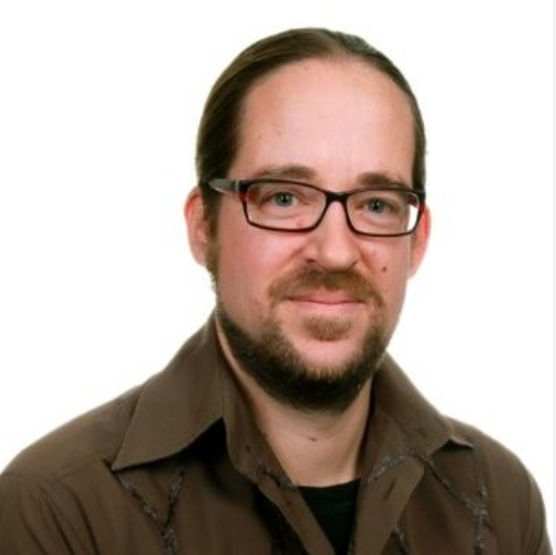
André Holzapfel
Associate Professor
KTH Royal Institute of Technology
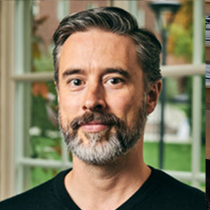
Bob Sturm
Associate Professor
KTH Royal Institute of Technology
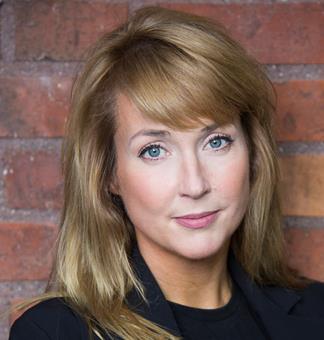
Cecilia Åsberg
Professor
Linköping University
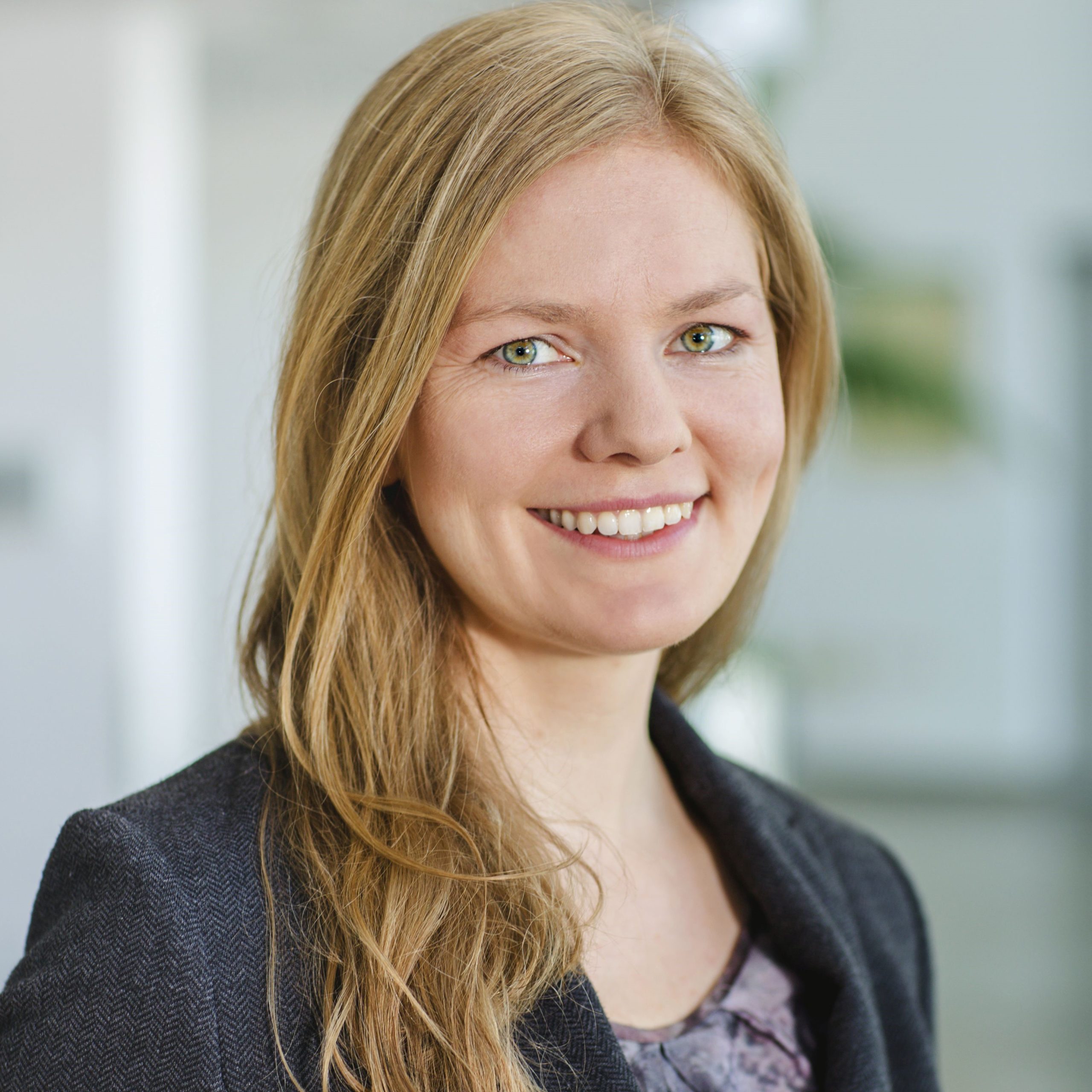
Anna-Kaisa Kaila
PhD Student
KTH Royal Institute of Technology

Petra Jääskeläinen
PhD Student
KTH Royal Institute of Technology

